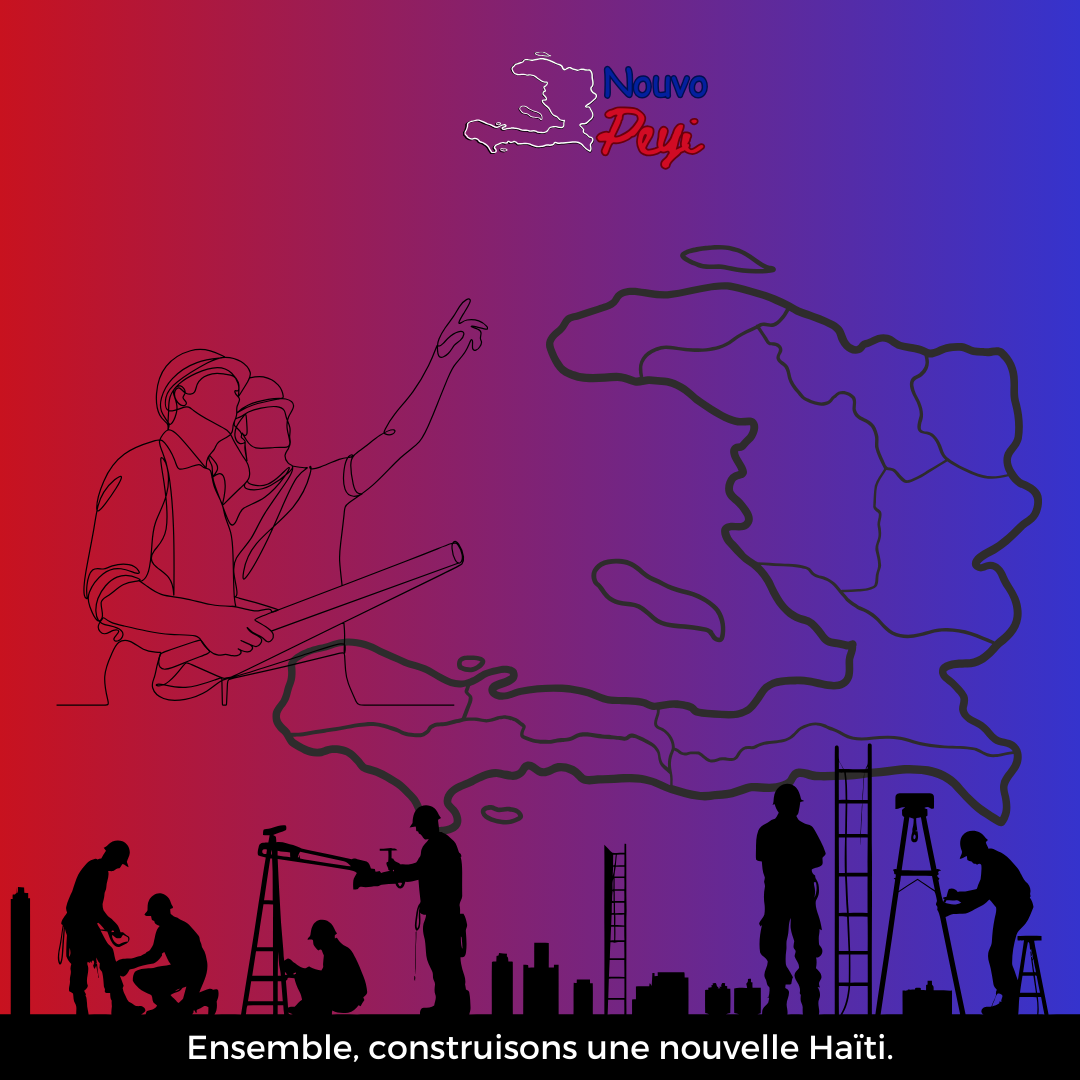Participez à la reconstruction d’Haïti avec Nouvo Peyi, un mouvement collectif qui mise sur les talents haïtiens pour bâtir des infrastructures durables, former la jeunesse...
Lire Plus
Votre compte
Connectez-vous pour publier, commenter et accéder à tout.
ou
En continuant, vous acceptez nos
Conditions
et notre
Politique de confidentialité.
Langue
Google Translate
Nouvo Peyi · Compte








